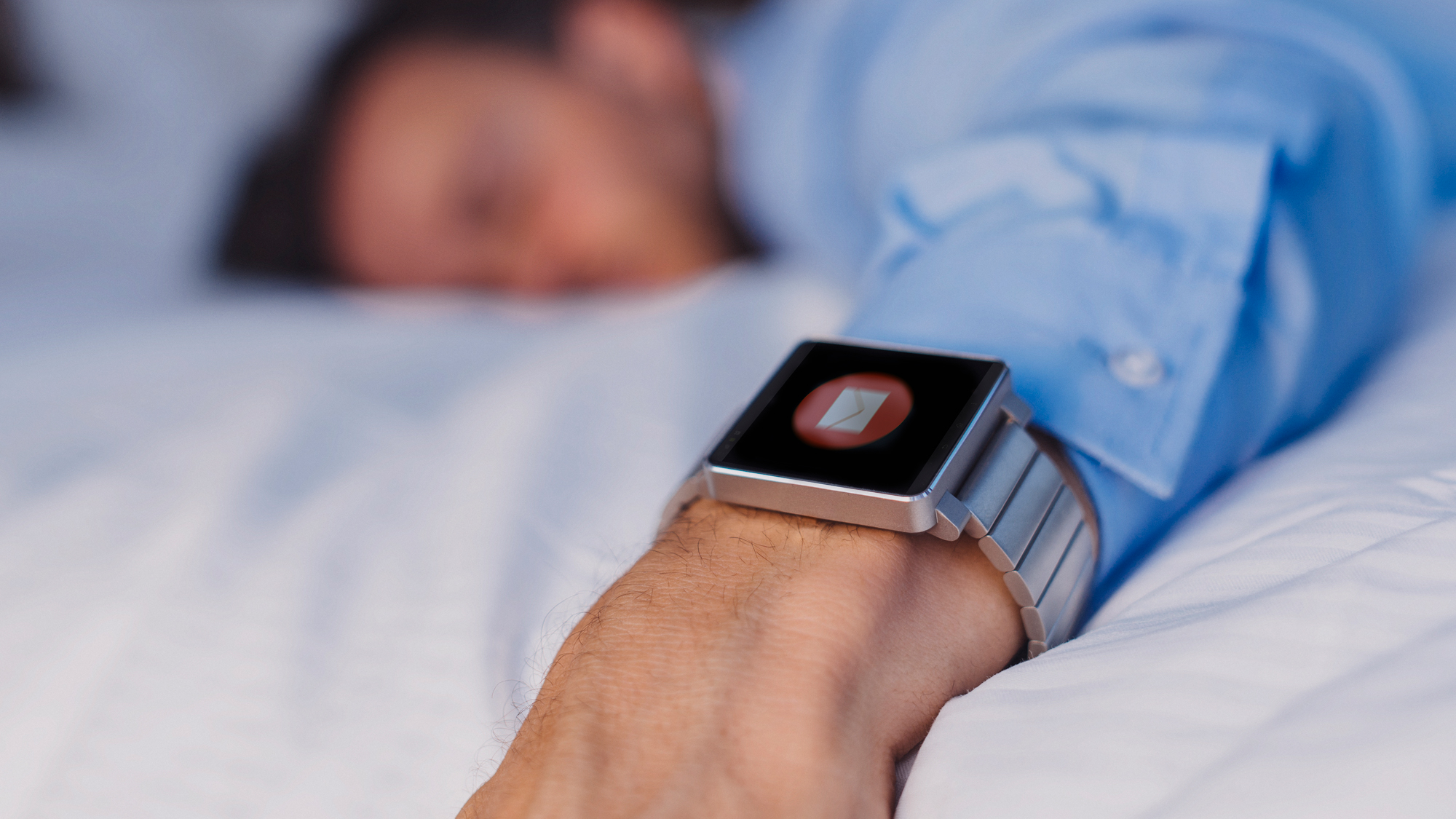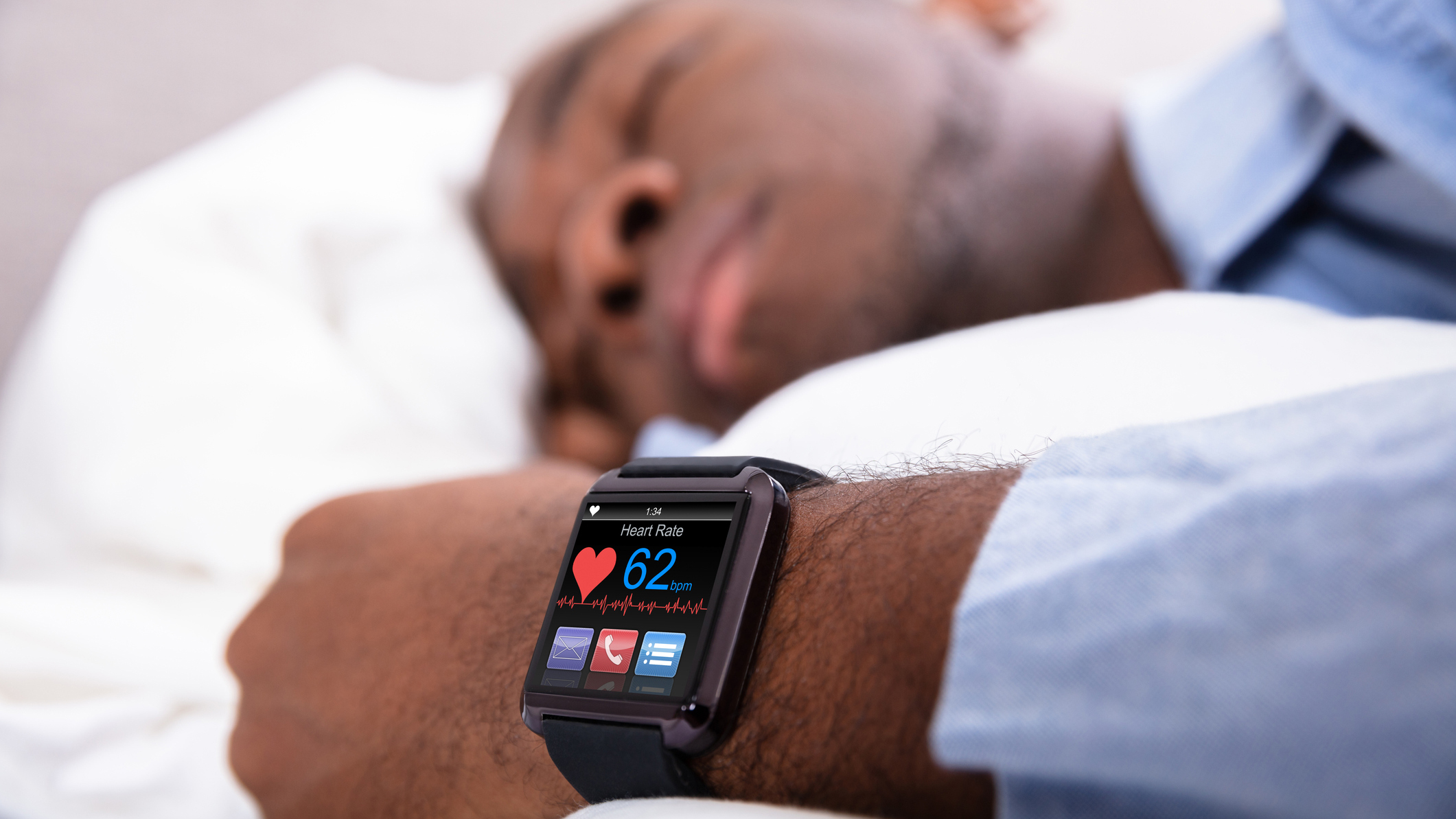Why the US Navy is using fitness wearables to monitor sleep deprivation
New Navy pilot program requires sailors to wear fitness watches in effort to combat exhaustion


We all know how tedious a working day can be after a restless sleep the night before. When the drowsiness kicks in, our concentration and alertness can feel like it is dramatically declining. The US Navy knows this all too well. Two very unfortunate collisions happened at sea in 2017, which has led to fatigue management measures being put in place by Navy leadership.
They have recently taken to using fitness 'wearables', similar to a fitness tracker or smart watch, to monitor the crew’s sleep.
In a report released by the Government Accountability Office, they found that just 14% of Navy Officers get adequate sleep. Navy leaders are now tasked with ensuring sailors factor in at least seven hours sleep at night. Rachel Markwald, a sleep and human research physiologist at the Naval Health Research Center, told Stars and Stripes: “You can't manage what you're not monitoring.”
Getting seven hours sleep every night is not a challenge isolated to the military. There are a LOT of factors that can hinder a good nights rest for all of us. Sometimes it is an easy fix, like making an effort to sleep with your phone in another room. However, it isn’t always as plain sailing as that and you might find it helpful to try out one of our best fitness trackers to track your sleep like the Navy SEALs do.

There are plenty of different wearables out there that will track your sleep, but they all have their different quirks. Fitness trackers are slender, unobtrusive bands that can accurately monitor heart rate, calorie expenditure and sleep quality round-the-clock, while the best fitness watches usually have other functionalities attached such as smart-wake systems, which wakes you at the optimum time in your circadian rhythms with a gentle buzz.
Most of the existing models try to analyse your sleep in four different phases of sleep – deep sleep, light sleep, REM sleep (rapid eye movement) and awake. This can help with things like your smart-wake alarms, as it can calculate when you are in a lighter sleep and wake you up in that phase.
Take the Huawei Band 4 Pro for example, it can recognise different sleep phases and will offer hints to improve your levels of relaxation in those sleep phases. Or, if you are looking for a tracker that records your sleep in its different phases but fancy using a sleep scoring system, then the Fitbit Charge 4 offers this function. Meanwhile, the Garmin VivoSport can track your movement during your normal sleeping hours.
Start your week with achievable workout ideas, health tips and wellbeing advice in your inbox.
A fitness tracker doesn’t guarantee you a perfect nights sleep every night but it is a good place to start if you want to try manage your sleeping habits better. If you're struggling, it might be time to try our Best Fitbit deals page.
Jessica is an experienced fitness writer with a passion for running. Her career in journalism began in local news and she holds a Masters in journalism. Jessica has previously written for Runners World, penning news and features on fitness, sportswear and nutrition.
When she isn't writing up news and features for Fit&Well covering topics ranging from muscle building, to yoga, to female health and so on, she will be outdoors somewhere, testing out the latest fitness equipment and accessories to help others find top products for their own fitness journeys. Her testing pairs up nicely with her love for running. She recently branched out to running 10Ks and is trying to improve her time before moving on to larger races. Jessica also enjoys building on her strength in the gym and is a believer in health and wellness beginning in the kitchen. She shares all of this on her running Instagram account @jessrunshere which she uses for accountability and for connecting with like-minded fitness lovers.
